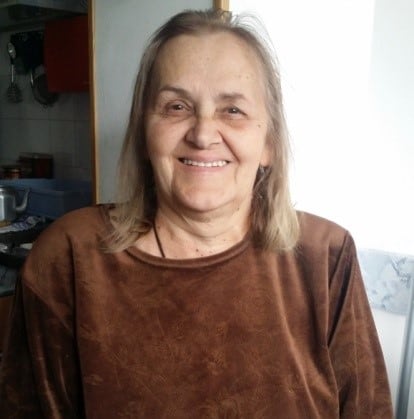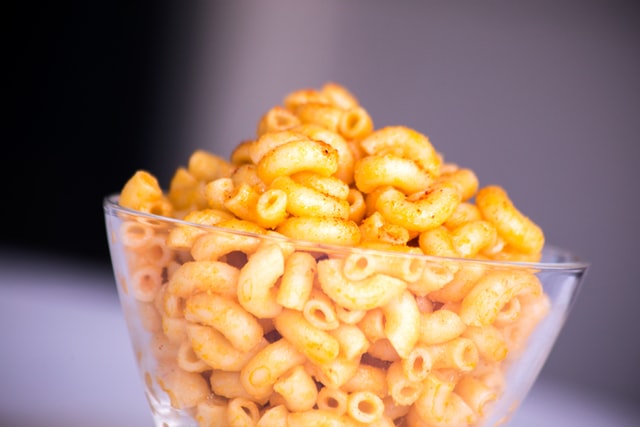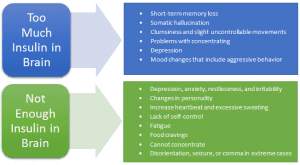
When Belgrade, Serbia was invaded and bombed in 1999 little did I think that both my brother and I would become indirect casualties of the fighting. We were, if you will, collateral damage.
Not though in the way most people would presume, but by being deprived of medications and healthcare. I developed diabetes due to the stress, but for my brother the war was fatal. He suffered from nephropathy and died simply because he had no access to dialysis.
I was born in 1943 in Bosnia. and until the age of 46 and the coming of the war, I had been almost 100% healthy. The stress of the situation, having little or no money and experiencing unbelievably high food prices when there was a small amount available, all, I believe, contributed to triggering my diabetes.
Despite the dangerous situation we were still expected to work, never knowing if we were going to be the latest casualties of the next bomb. Each day we all hoped we would live to see the next.
The bombing, although intense, lasted for only three months. I thanked God because I don’t know what we would have done had it lasted longer. Yet at the end of it; the bombing, the problems, worrying about my brother, all resulted in an extreme amount of stress. It first manifested as insomnia, and then, after my brother’s funeral, my immunity seemed to plummet. I began to suffer with what looked like heart problems as I was experiencing tachycardia and an extreme lack of energy. Then, despite the war being over, depression kicked in and at first I attributed it to the realization of how pointless my brother’s death had been.
I suggest you read these articles too:
My husband was convinced I had heart problems and was on the point of forcing me to see a cardiologist, but when my own doctor saw me he took one look and knew that I was likely suffering from diabetes. I was more than a little cynical, but sure enough, after my blood sugar was tested it returned a diagnosis of Type 2 diabetes.
Psychologically I took the news badly as I’m certain many other people do. I was almost ashamed to admit to outsiders that I had the condition because for some reason I felt I would be judged. At first I was afraid even to tell my husband because I was certain he would leave me.
I began to shut myself away from people. Even when I had to go on a strict diet despite losing about 10 pounds in recent months and even when I had to take medication, I simply said nothing. People thought my mood was because I was still grieving the loss of my brother, and so, in many ways, this made it easy to hide from the world. Friends and family simply let me be and gave me time to recover from his death. I, on the other hand, thought I could easily keep my illness from everyone, for ever.
Stupidly I thought the medication I was taking would do everything for me. All I had to do was take it and my condition would resolve itself. How naive I was. Because I relied completely on the drugs and didn’t regulate and monitor my eating habits, one day I became so ill my husband had to rush me to the emergency room. Then, of course, I couldn’t keep my secret any longer, I had no option but to tell him about the diabetes.
At first he was really angry, but not for the reasons I had worried about. He was just worried about my health and angry that I hadn’t told him about it when I first knew. Of course, I realized immediately that he was right, if I had told him at the start I probably wouldn’t have ended up in emergency in the first place.
As it turns out I also have no idea how I could have doubted him, because, wonderful man that he is, he never left my side and since then has helped in every way he knows how.
Once, when there were no medications available in Bosnia, he traveled all the way to Hungary to get them - and this was a man who I worried might leave me! Now I understand that it was with his support and help that I began to accept my diabetes and to fight it. It was because of him that I started to return my life to some kind of normality.
When I look back to before my diagnosis I see clearly that I had strong symptoms of diabetes. I was felt thirsty all the time and suffered increasing frequency of urination. But even then I managed to convince myself it was just a problem with my urinary tract, perhaps an infection. So, instead of going to see the doctor I began drinking tea and eating soup to combat it.
I also see that I had other symptoms such as trembling in my hands and legs and cravings for sweets, but sometimes I can be too stubborn for my own good and simply ignored these increasing problems. Maybe I didn’t want to deny myself either of my favorite soda, Coke. Or perhaps it was that I simply had no motivation to eat healthily. We have no kids, I wasn’t overweight, and my husband isn’t a picky eater, there were no good reasons to set an example.
Even my eating routine at the time could only, at best, be described as chaotic. Rarely did I eat properly, often skipping breakfast and sometimes lunch too. The only meal we did eat regularly was our evening meal and everything else was eaten ‘on the hoof.’ No wonder my body was confused.
When I look back now I see the only example I was setting was what not to eat. Pastries, fast food, pizza, pasta and sweets were what my diet consisted of. Yet, even though I have totally changed my eating habits, I will often still be drawn to eat what we call, Popara. This is a meal which consists of white bread cooked in milk and mixed with cottage cheese. Still, although it might not be perfect, it’s a world away from eating a pizza washed down with a glass of Coke!
For more diabetes related articles read the following:
When I finally accepted my diabetes diagnosis the hardest part of it was to go on the diet recommended by my doctor and here again my husband was the driving force. He got up 15 minutes earlier every morning to make me breakfast and to make sure I ate it. And, because the diet I was given was based on a low intake of carbohydrates, for the first month I had eggs. Every day. I went completely overboard and it’s a wonder my cholesterol levels didn’t rocket.
Now I am much more sensible and my diet is both healthy and diverse. Eggs for breakfast, although they make an appearance, are not the major ingredient. I also use cottage cheese, spinach, mushrooms and canned fish. White bread though is definitely off the menu and when eating shop bread I tend to use integral or flat varieties. When I’m feeling a little more industrious I even make my own using a mixture of buckwheat, rye, corn flour and seeds such as pumpkin, sesame, sunflower and flax. Although these breads do take up a little time, they are not hard to do and taste absolutely delicious.
The worst part of scheduling meals was when I was working because I found it both difficult to prepare and carry the meals with me. This was, of course, made more difficult by the fact that I hadn’t told my co-workers. Once again my husband came to the rescue and insisted that I tell them - and he was right. When I did I was pleasantly surprised because not only did they give me a lot of support but they would also remind me to eat something if I had forgotten or sometimes they even brought meals and new recipes in for me.
Before my diagnosis because I only used to eat large meals infrequently or I would snack, getting used to a routine where I had to eat six meals a day was pretty difficult. But eventually I did adopt the new style of eating and now it is no problem at all.
At my last doctor’s examination he told me that it is now necessary to start using insulin but at the moment I am still considering it. Medications are one thing and it was hard for me to become accustomed to those, using insulin takes everything to a whole new level. I guess, that soon, I will learn to accept it and be ready to embark on another new regimen.
What I would really like to pass on is the message that diabetes is nothing to be ashamed or frightened of. It is, for those newly diagnosed, something quite scary, but with the right support and treatment you can have a normal life. You may have to make small adjustments but this is no different to other things people have to cope with. More importantly you have to remember you are not the only one. Today there are so many people with diabetes that you can always find someone to talk to about it and get personal support or learn more about this widespread illness.
Just find the right people to lean on and you will manage everything! Do not forget to read this story as well.
TheDiabetesCouncil Article | Reviewed by Dr. Christine Traxler MD on June 10, 2020



